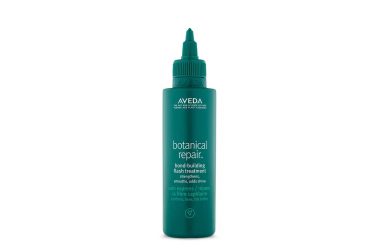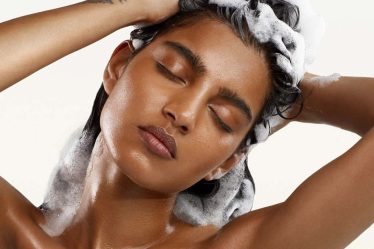
Washing your hair is one of the most basic steps in any hair care routine, yet it’s often the most debated. Some people advocate for daily washes, while others swear by going days or even weeks without shampooing. So, how often should you wash your hair? The answer isn’t one-size-fits-all—it depends on a variety of factors, including your hair type, scalp condition, lifestyle, and even the products you use. In this guide, we’ll dive deep into the science of hair washing and help you tailor your routine to meet your hair’s unique needs.
Why Does Hair Washing Matter?
Hair washing isn’t just about keeping your locks clean; it’s also essential for maintaining scalp health. Your scalp produces natural oils called sebum, which protect and moisturize your hair. Washing removes excess oil, sweat, dirt, dead skin cells, and product buildup that can accumulate over time. However, over-washing or under-washing can lead to problems like dryness, irritation, or excessive oiliness. Striking the right balance is key.
Factors That Affect How Often You Should Wash Your Hair
1. Hair Type
Your hair’s texture and porosity play a significant role in determining how often you should wash it:
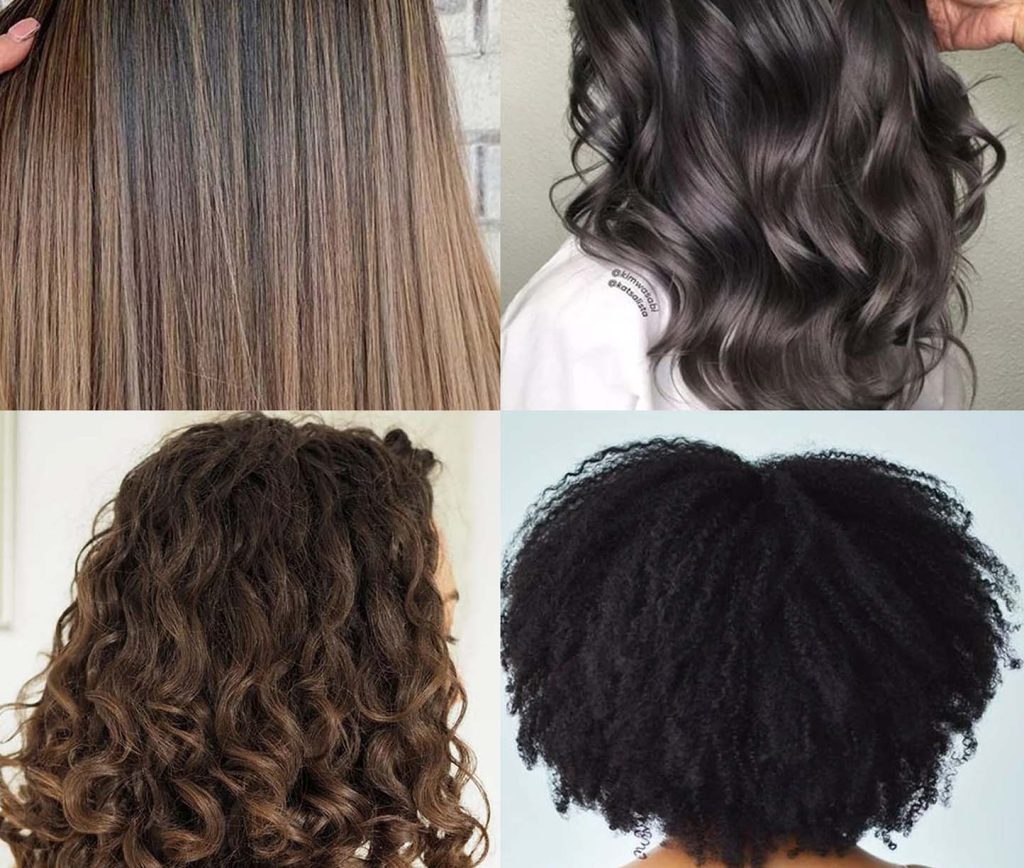
- Straight Hair: Sebum travels down straight hair strands more easily, making it appear greasy faster. Washing every 2-3 days is typically recommended.
- Wavy Hair: Wavy hair can hold onto moisture and oil slightly better than straight hair but still requires regular washing. Washing every 3-4 days works for most people.
- Curly Hair: Sebum doesn’t travel as easily down curly strands, so curls tend to stay drier. Washing every 4-7 days is often ideal.
- Coily or Kinky Hair: This hair type is the driest and most fragile because oil has difficulty moving down the tightly coiled strands. Washing once a week or every 10 days is generally sufficient.
2. Scalp Condition
- Oily Scalp: If your scalp produces excess sebum, you may need to wash your hair more frequently (every 1-2 days). Look for shampoos formulated to balance oil production.
- Dry Scalp: A dry scalp requires less frequent washing to prevent further dehydration. Wash every 4-7 days, and use moisturizing products to soothe irritation.
- Sensitive or Dandruff-Prone Scalp: Those with dandruff or sensitive scalps should use specialized shampoos. Wash 2-3 times a week or as directed by a dermatologist.
3. Lifestyle and Daily Habits
Your activities and environment also influence how often you should wash your hair:
- Active Lifestyle: If you exercise frequently and sweat a lot, you may need to wash your hair more often to prevent buildup.
- Environmental Factors: Living in a humid climate or a polluted area can cause your scalp to become greasy faster, requiring more frequent washes.
- Use of Styling Products: Regular use of hairspray, gels, or dry shampoo can lead to buildup, making more frequent washing necessary.
4. Age and Hormones
Hormonal changes can affect sebum production:
- Teenagers: Sebum production is higher during puberty, so daily or every-other-day washing may be needed.
- Adults: Sebum production stabilizes for most people, so washing every 2-4 days is usually sufficient.
- Older Adults: Sebum production decreases with age, so less frequent washing may be necessary to avoid drying out the scalp and hair.
How to Determine Your Optimal Hair Washing Frequency
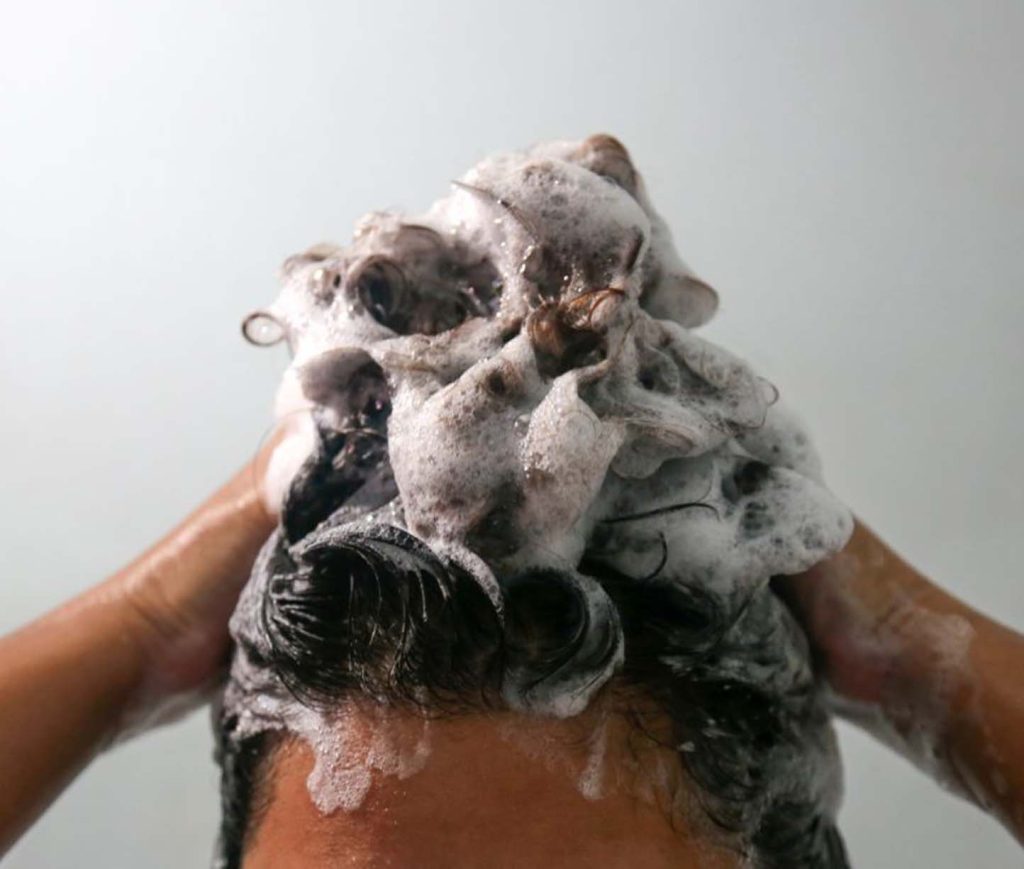
Step 1: Assess Your Hair and Scalp
Take note of how your hair feels and looks on a day-to-day basis. Is it greasy by the end of the day? Does it feel dry and brittle? These clues can help guide your routine.
Step 2: Experiment with Different Frequencies
Try stretching out the time between washes to see how your hair responds. For example, if you’re washing daily, switch to every other day and monitor any changes.
Step 3: Adjust Based on Products
The products you use can affect washing frequency. For instance, sulfate-free shampoos are gentler and allow for less frequent washing, while heavy conditioners or oils might require you to wash more often.
Common Hair Washing Myths Debunked
1. You Must Wash Your Hair Daily
Daily washing isn’t necessary for most people and can strip your scalp of natural oils, leading to dryness and overproduction of sebum.
2. Not Washing Hair Will Make It “Self-Clean”
While reducing washes can help regulate oil production, hair doesn’t become truly self-cleaning. Dirt, sweat, and dead skin cells still accumulate over time.
3. Oily Hair Should Be Washed Less
If your hair is oily, washing less often can sometimes exacerbate the problem. Washing every 1-2 days with a balancing shampoo is usually more effective.
Washing Tips for Different Hair Types
Straight and Fine Hair
- Use a volumizing or lightweight shampoo to avoid weighing hair down.
- Apply conditioner only to the ends to prevent greasiness.
- Wash every 2-3 days, or more often if it looks oily.
Curly or Coily Hair
- Use sulfate-free, moisturizing shampoos to maintain hydration.
- Co-wash (wash with conditioner only) in between shampoo days if your hair feels dry.
- Avoid washing more than twice a week to preserve natural oils.
Colored or Chemically Treated Hair
- Opt for shampoos specifically designed for colored or treated hair.
- Wash no more than 2-3 times a week to prevent color fading or damage.
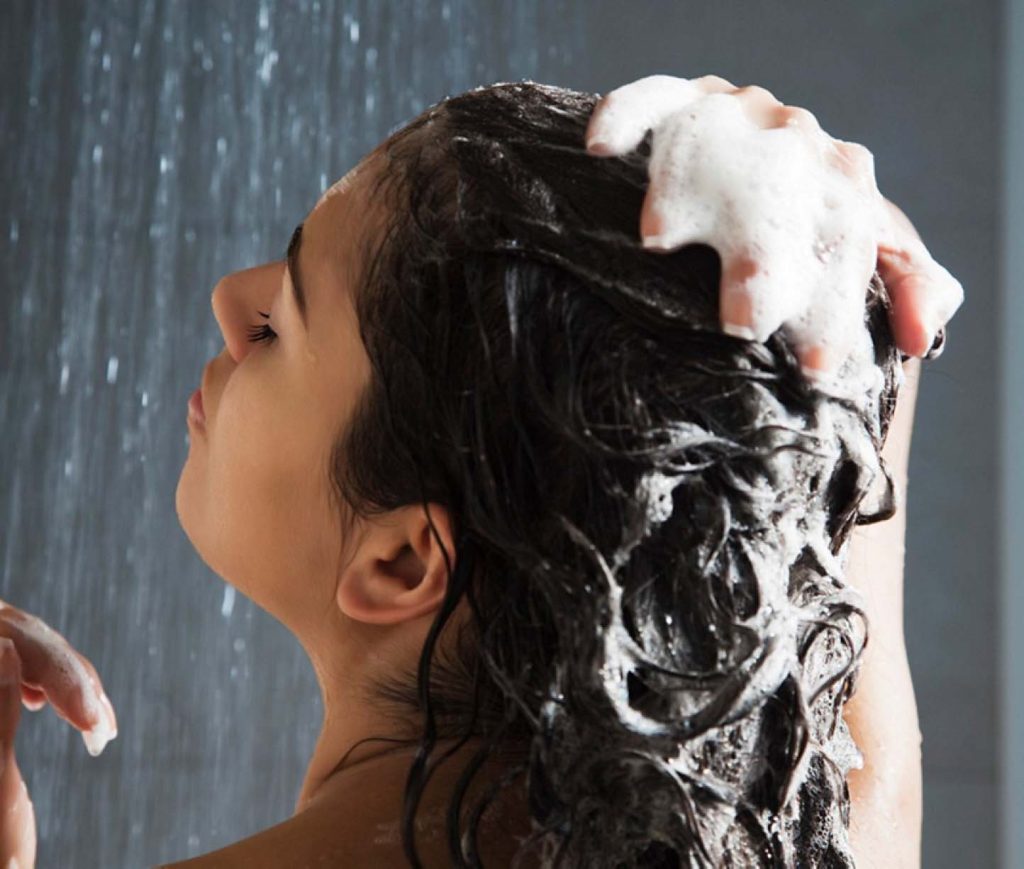
What Happens If You Wash Too Often?
Over-washing can strip the hair and scalp of natural oils, leading to:
- Dryness and irritation.
- Overproduction of oil as the scalp tries to compensate.
- Increased breakage and split ends.
- Loss of color in dyed hair.
What Happens If You Don’t Wash Enough?
Under-washing can result in:
- Oil buildup, making hair look greasy and flat.
- Clogged hair follicles, potentially slowing hair growth.
- An itchy, flaky scalp due to excess dead skin cells.
- Increased odor, especially if you sweat often.
Alternatives to Washing
If you’re trying to stretch out the time between washes, these options can help:
- Dry Shampoo: Absorbs oil and refreshes hair between washes.
- Rinse with Water: For a quick refresh, rinse your hair with water and skip the shampoo.
- Scalp Scrubs: Use a scrub once a week to remove buildup.
- Protective Styles: Braids or buns can help hair look polished even when it’s not freshly washed.
How often you wash your hair ultimately depends on your unique hair type, lifestyle, and preferences. There’s no universal rule, so listen to your hair and adjust your routine as needed. Whether you wash daily, weekly, or somewhere in between, the goal is to keep your scalp and hair clean, healthy, and balanced. By experimenting and using the right products, you can develop a hair washing schedule that works perfectly for you.
